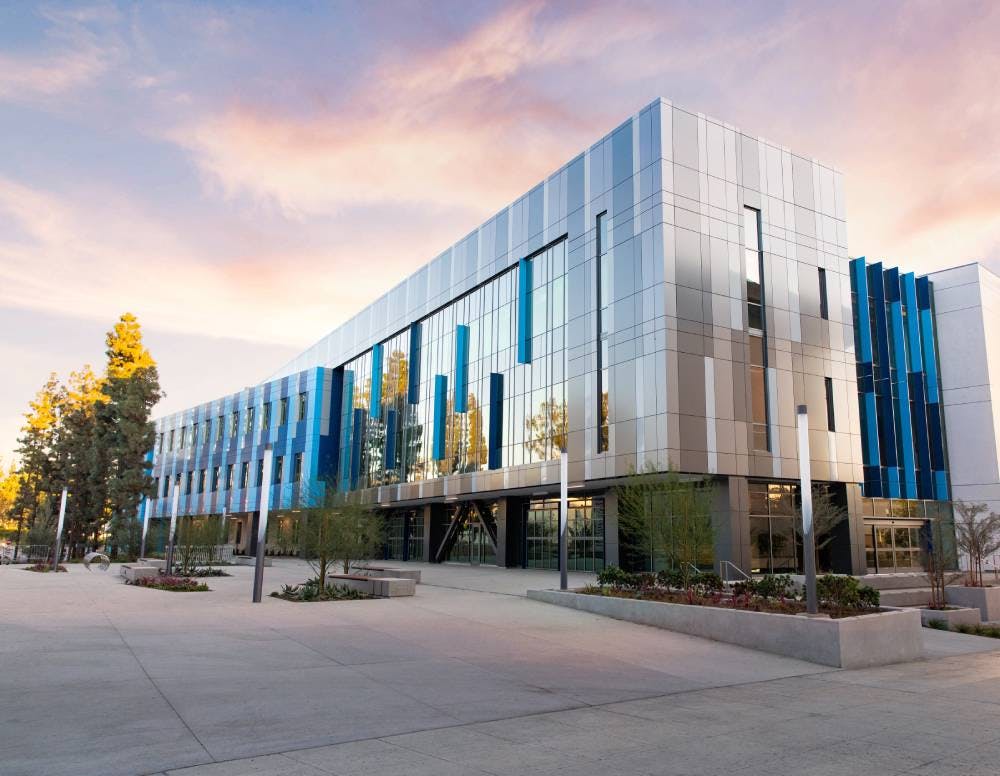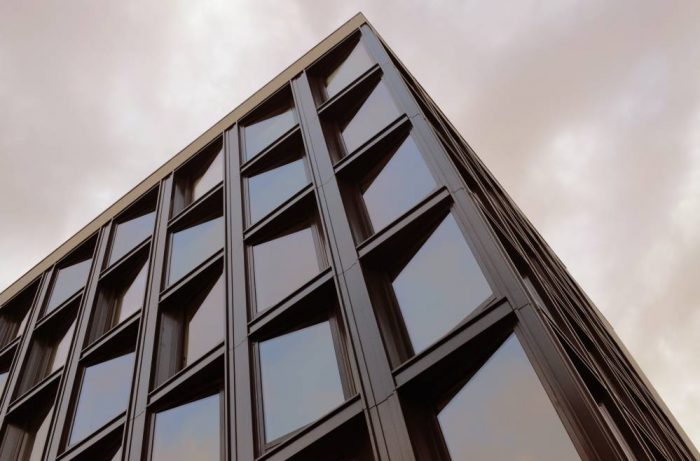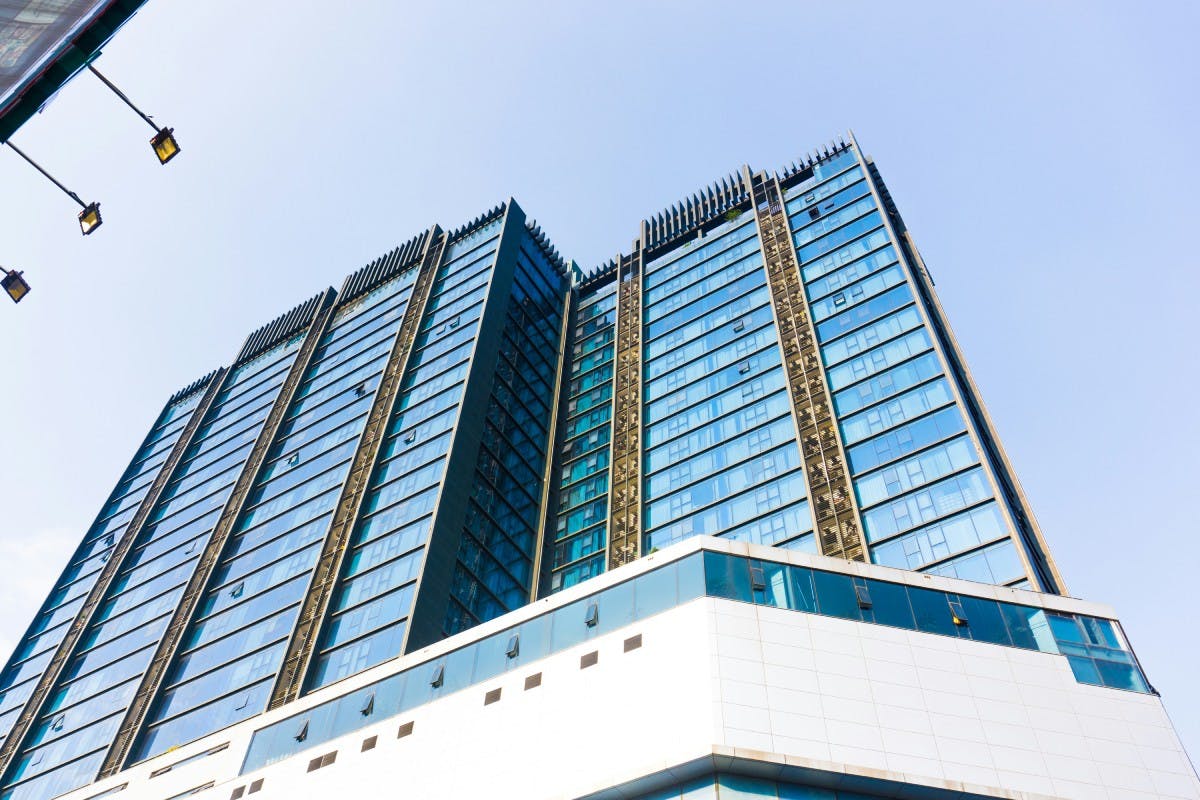Commercial
Should I buy a new or old commercial property?
Published
27 September, 2022

‘Should I buy commercial property?’ It’s a common question for investors, especially those new to the commercial market.
Commercial property investment is known for its complexity, and buying decisions can multiply quickly, from the location to the asset class to the terms on the lease agreement. But when first deciding on whether commercial property is for you, a question you might consider early on is… ‘Should I buy a new or old commercial property?’
Let’s look at the benefits of each before deciding which is best for commercial property investors.
Buying a new commercial property
Buying a new commercial property, or one built in the last few years, gives you more than just a pretty-looking asset.
A modern building will be a joy come tax-time because the depreciation amounts on the property’s depreciation schedule will be far higher in the early years of the commercial asset’s lifetime. Typically, the higher the depreciation amount, the more you’re able to reduce your taxable income. Commercial property depreciation is one of the biggest benefits of buying a new commercial property.

And because it is a recent build, the premises might be more likely to have contemporary features and be equipped with modern technology. This is a big drawcard if and when you require an active leasing campaign to find a tenant for your newly-built property. It could have all the bells and whistles to whet a tenant’s appetite.
For any office premises in Australia, having a solid NABERS rating is crucial.
NABERS is the industry benchmark for sustainable buildings, and many older buildings are either not up to scratch with this standard or require a good deal of capex (capital expenditure) to improve their sustainability rating. New office buildings are more likely to have a solid NABERS rating because they are built with that benchmark in mind. Consider this when you think about buying a commercial property.
And finally, it may be likely that your new commercial property was purpose-built for the existing tenant.
Imagine you’re a tenant, and every square metre of your premises was tailored to your specific needs, from the car parking to the office design to the building size. There’d be far less reason for you to find a new premises once your lease agreement expires.
This is why we see many tenants in our newer buildings extend their leases. You’re more likely to see a tenant remain if the premises was purpose-built for them.
Buying an older commercial property
If you’re going to buy a commercial property, an older asset won’t provide the tax benefits of a brand new building. But there are other ways to replace this value.
Older commercial buildings can offer the buyer a huge opportunity to improve the property value. The premises may look weary after years of operation. A retail asset may need new carpeting, an air conditioning unit upgrade, or even a new coat of paint. The previous landlord may have been complacent and missed the opportunity to install a decent pylon sign out the front of the retail premises.
After all, we installed a new pylon sign for our investment in Tuggerah NSW. It helped give our investors 40 per cent return in 18 months.
These value-add opportunities can add a large sum to your total investment return when it comes time to sell.
We mentioned that buying older commercial buildings mightn’t provide the same tax benefits as newer commercial properties. This is true up until a point.
If an old asset has had a recent fit-out or upgrade, then there are probably many tax-reducing opportunities available to you. A $200,000 reverse cycle air conditioning unit will have very useful depreciation benefits if it were recently installed in your premises.
And finally, an older building may be situated in a precinct that is well-known and established.
Customers or clients of your ideal tenant may know the area well for a it being a locale for particular business – say, for large format retailers or white-collar businesses – and your older premises may be a popular target for the local catchment. This could take the guessing game out of the relevance of your property’s location. Because there is evidence that your property (and thus a relevant occupant) meets the needs of the community it is serving.
Should I buy an old or new commercial property?
So, which is better – buying an old or new commercial asset? Well, it depends.
Do you understand the leasing market well enough to know if the premises is still relevant? Are you willing to get your hands dirty to increase the value of the property? And are you confident you can listen to the tenant’s gripes about the property and make the necessary upgrades to keep them happy (if you see fit to do so)? Then perhaps an older property could be a winner.
Or do you want to buy a commercial property that is a set and forget investment? Is reducing your taxable income each year of huge importance to you? A newer commercial asset could tick these boxes.
But at the end of the day, applying key property fundamentals is crucial to commercial property investment success: Relevant location, a high-quality tenant, and the ability to see capital growth. These factors are far more important than the birth date of your commercial asset.
Considering investing in commercial property? Get in touch with us to find out the benefits of investing alongside us in a commercial real estate syndicate.
Not ready to invest? Subscribe to our newsletter for regular tips and tricks on commercial property investment. You’ll also be the first to know when our next investment opportunity is around the corner.
Author’s note: Any information provided on this website has not considered the objectives, financial situation or needs of any investor; investors should consider whether it is appropriate to them to partake in a commercial property investment prior to investing, in light of their objectives, financial situation or needs.



